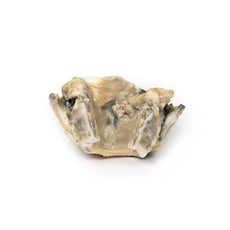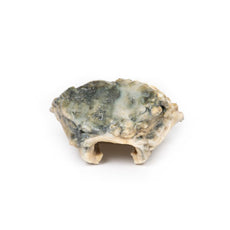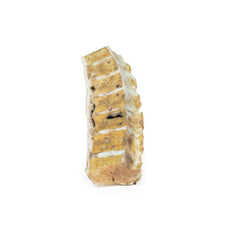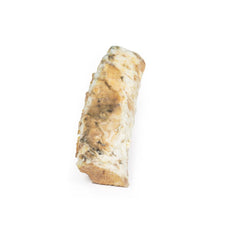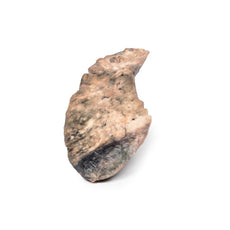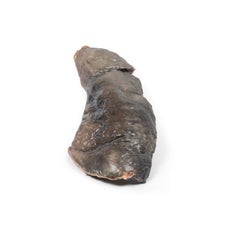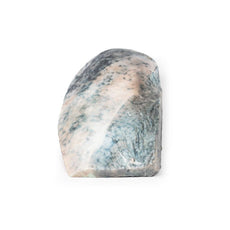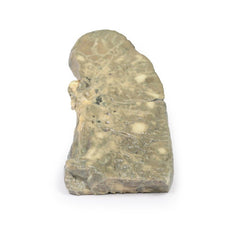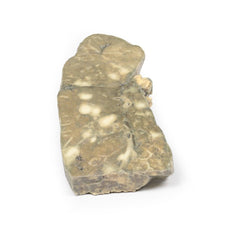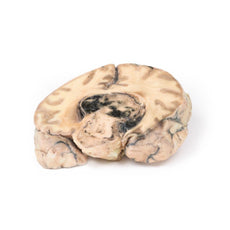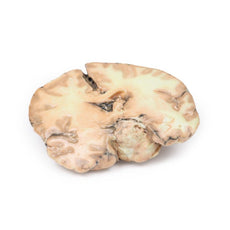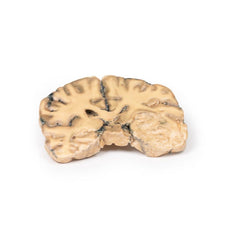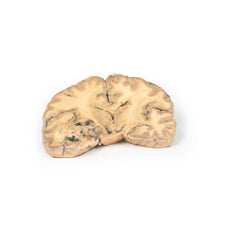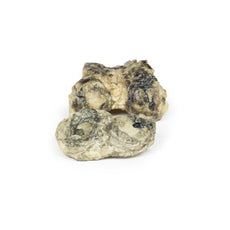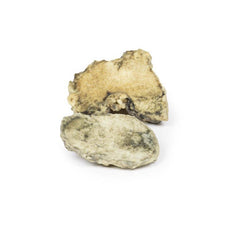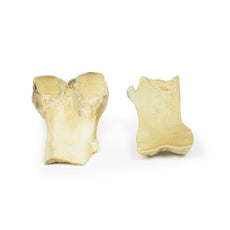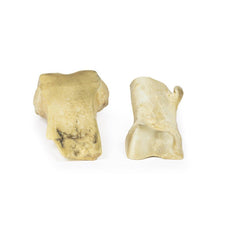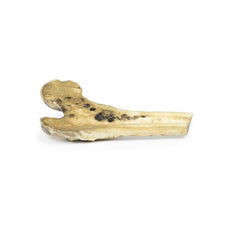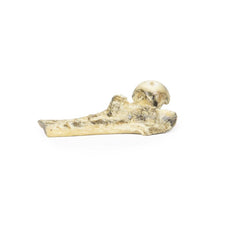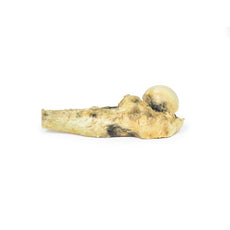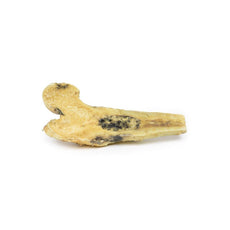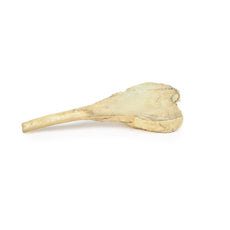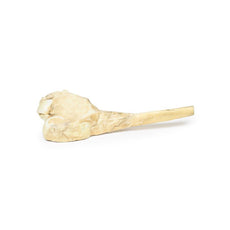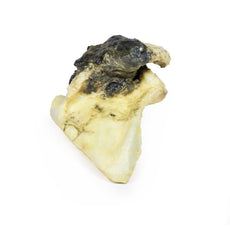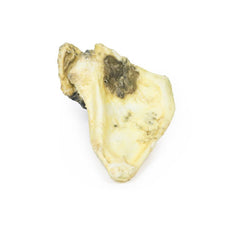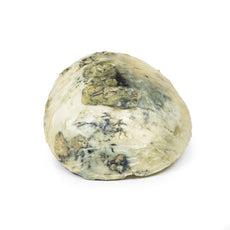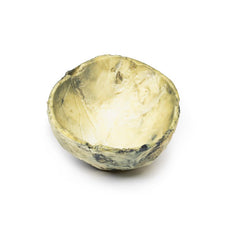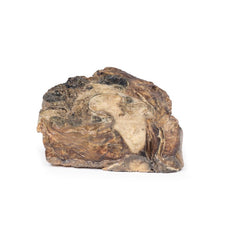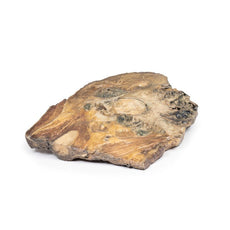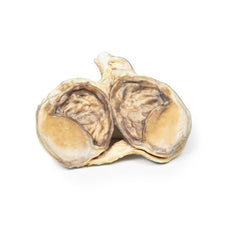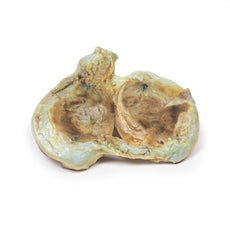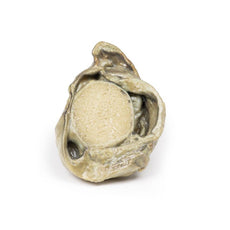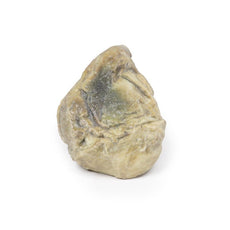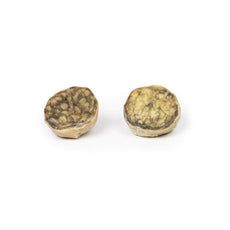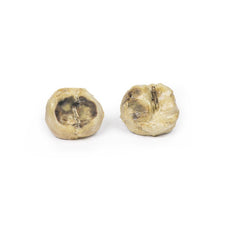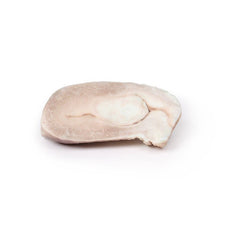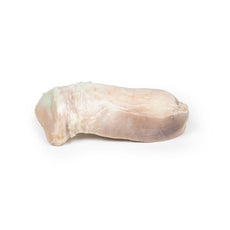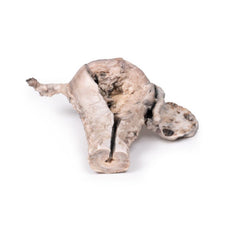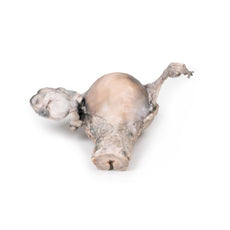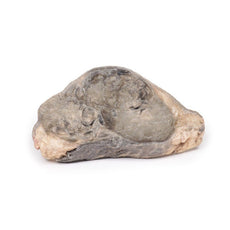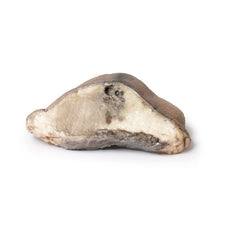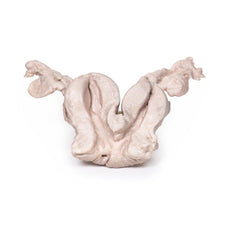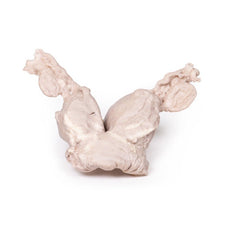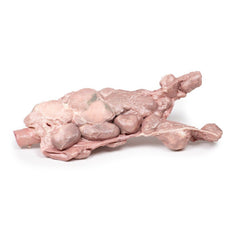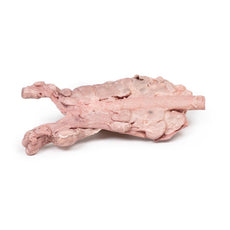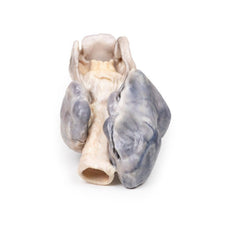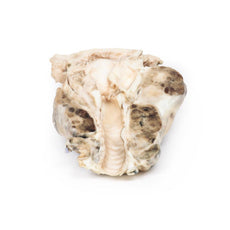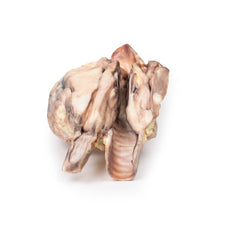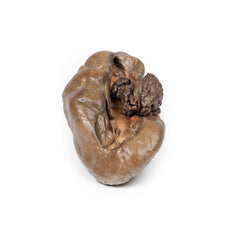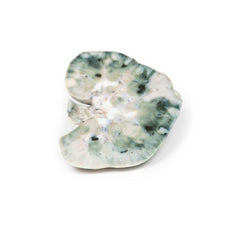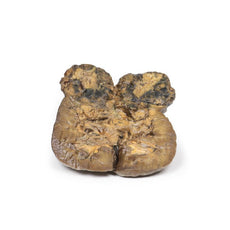Your shopping cart is empty.
3D Printed Cholelithiasis (Gallstones)
Item # MP2075Need an estimate?
Click Add To Quote

-
by
A trusted GT partner -
3D Printed Model
from a real specimen -
Gov't pricing
Available upon request
3D Printed Cholelithiasis (Gallstones)
Clinical History
A middle-aged woman was investigated for recurrent bouts of epigastric pain.
Endoscopy failed to reveal any peptic ulceration. A cholangiogram demonstrated a non-functioning gallbladder. She
died from a myocardial infarction Unfortunately, the patient dies at a later stage after this procedure from a
myocardial infarction”.
Pathology
The specimen is a portion of liver with attached gallbladder, which has been opened to
display six large faceted mixed calculi. This is an example of cholelithiasis (gallstones).
Further Information
Gallstones contain a mixture of cholesterol, calcium salts, bilirubin,
proteins, and mucin. There is a high prevalence in fair-skinned populations. Risk factors are age (greater than 50)
and female sex, along with genetic factors1, pregnancy, diabetes mellitus and dyslipidaemia. Lifestyle factors, such
as rapid weight loss and certain medications (e.g. erythromcyin, ampicillin, octreotide, cephalosporin), can also
promote gallstone formation.
Gallstones may be asymptomatic or may present with a spectrum of disease ranging from uncomplicated biliary colic
through to infection, cholecystitis, pancreatitis or gallstone ileus. The typical symptoms include bouts of
epigastric or right upper quadrant pain, sometimes associated with eating, and often with sweating, nausea and
vomiting. Pain is usually caused by the gallbladder or biliary tract contracting forcefully against a stone, thereby
causing increased pressure in the gallbladder, and pain. The risk of developing complications of gallstones is
approximately 2-3 percent per year once biliary colic develops. Diagnosis is generally via transabdominal
ultrasound, which has largely replaced oral cholecystography studies. Cholescintigraphy (HIDA Scan) can be used
distinguish biliary colic from acute cholecystitis. Treatment of attacks are initially with simple analgesia, and
subsequently definitive management usually includes elective laparoscopic cholecystectomy. Very severe cases can be
life threatening, but deaths from gallstone disease are rare.
It should be noted that epigastric pain can also be
caused by myocardial ischemia, particularly in females, who do not necessarily present with the classic ‘left
shoulder tip pain’ of an acute myocardial infarct. Therefore, should gallbladder stones be excluded in a patient
presenting with epigastric pain, an ECG should always be performed, to help rule out cardiac disease[1].
References
1. Portincasa P; Moscheta A; Palasciano G (2006) Cholesterol gallstone disease. Lancet. 2006;
368(9531):230-9
 Handling Guidelines for 3D Printed Models
Handling Guidelines for 3D Printed Models
GTSimulators by Global Technologies
Erler Zimmer Authorized Dealer
The models are very detailed and delicate. With normal production machines you cannot realize such details like shown in these models.
The printer used is a color-plastic printer. This is the most suitable printer for these models.
The plastic material is already the best and most suitable material for these prints. (The other option would be a kind of gypsum, but this is way more fragile. You even cannot get them out of the printer without breaking them).The huge advantage of the prints is that they are very realistic as the data is coming from real human specimen. Nothing is shaped or stylized.
The users have to handle these prints with utmost care. They are not made for touching or bending any thin nerves, arteries, vessels etc. The 3D printed models should sit on a table and just rotated at the table.









